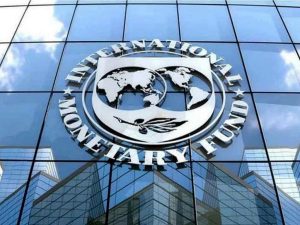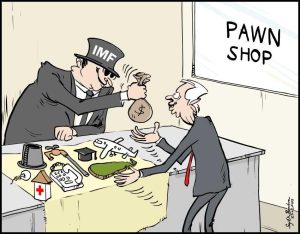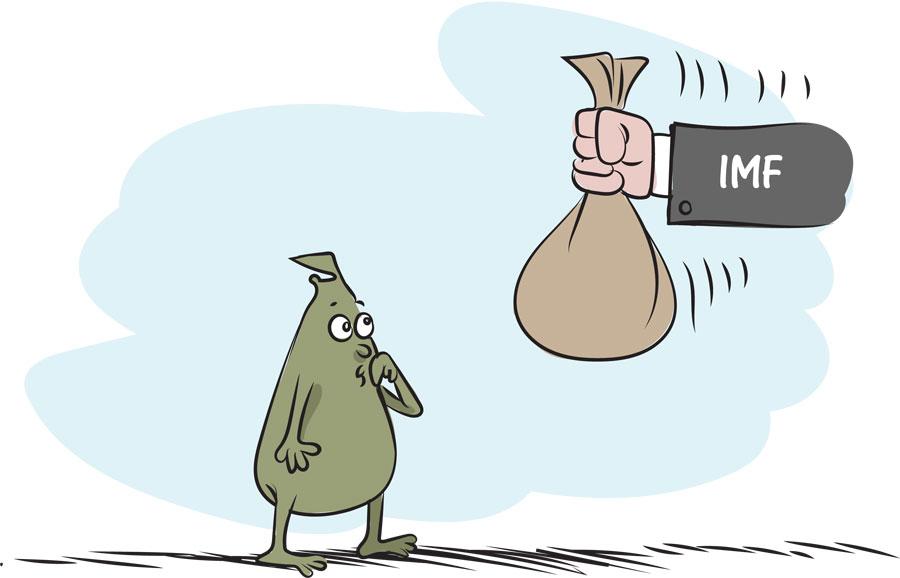IMF Says Sri Lanka Needs to Increase Revenue for Economic Stability

The International Monetary Fund (IMF) stated that Sri Lanka must work harder to increase fiscal revenue to maintain economic stability and restore its debt sustainability. This came after an IMF staff visit to the country.
Upcoming Review After Elections
The IMF plans to review Sri Lanka’s progress in meeting key commitments after the presidential election in September. This is part of a $2.9 billion bailout agreement.
Debt Restructuring Efforts
The IMF provided an assessment to Colombo and the country’s bondholders on a provisional deal to restructure $12.5 billion in debt. The IMF encourages quick resolution of remaining steps to achieve debt sustainability and regain investor confidence.
Economic Crisis and Recovery
In 2022, Sri Lanka faced its worst financial crisis in over seventy years, with severe dollar shortages leading to high inflation, a weakened currency, and economic contraction. The IMF bailout secured in March last year helped stabilize the economy. The Sri Lankan rupee has since risen by 7%, and inflation dropped to 2.4% in July. The economy is expected to grow by 3% this year.

Agreements with Creditors
In June, Sri Lanka signed agreements with Japan, India, China, and other nations to restructure about $10 billion in bilateral debt.
Presidential Election and Policy Impact
The upcoming presidential election on September 21 could affect policy changes, including crucial measures to improve public finances, fight corruption, and attract investment. The IMF stressed the importance of maintaining reform momentum and implementing all program commitments to ensure Sri Lanka’s economic recovery and stability.
An International Monetary Fund (IMF) mission team led by Senior Mission Chief Mr. Peter Breuer visited Sri Lanka from July 25 to August 2, 2024, to discuss recent macroeconomic developments and progress in implementing economic and financial policies







